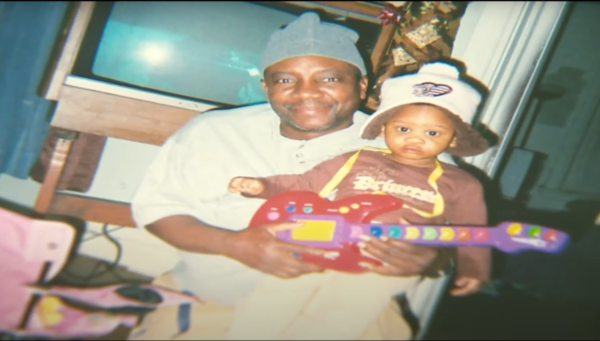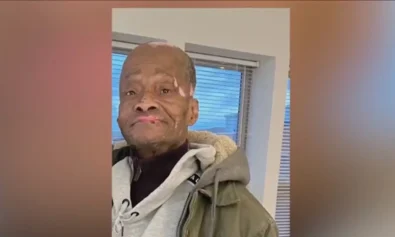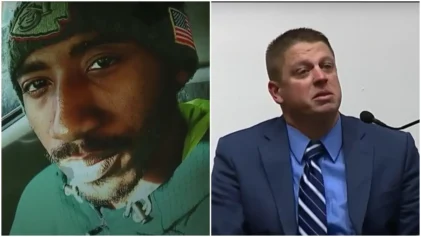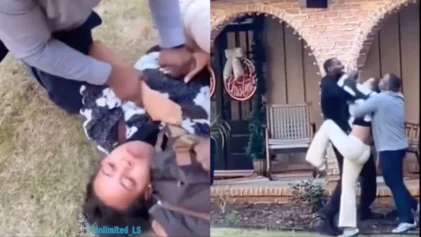The family of a Black man killed by St. Louis police in a 2017 no-knock raid has filed a lawsuit against the city and members of the police department.
According to the suit, filed on June 30, members of a St. Louis police SWAT team “executed” 63-year-old Army veteran Don Clark Sr. as he slept in his bed. Police say drugs and guns were found inside the home and that they came under fire upon entering, but Clark’s family says he was unarmed at the time and the raid was based on false information.
“Having to just deal with figuring out what had transpired just made me angry, and I’ve been angry ever since. I just feel robbed. My family was robbed,” Ashley Boureima Mourou, one of Clark’s children, said at a news conference.
According to the lawsuit obtained by Atlanta Black Star, Clark suffered from a range of health issues and infirmities that made it difficult for him to hear and see clearly. His youngest daughter, an 8-year-old girl, stayed in the only bedroom in the home but wasn’t there the night of the raid. In order to obtain a no-knock warrant base on falsified information, Detective Thomas Strode “used boilerplate language, and lied about his surveillance,” the suit says. Clark was deprived of his right to be free from unlawful seizure under the Fourth Amendment, according to the suit.
The family’s legal claim describes the night of Clark’s death: Officers entered Clark’s home on the night of Feb. 21, 2017, by breaking down the door and did not identify themselves. They then detonated a flash-bang device that emitted a loud sound and bright flash which caused him to become disoriented. In total 17 officers descended on Clark’s home. Nicholas Manasco shot Clark to death according to the suit, which claims he was shot nine times, nearly severing one arm at the elbow.

Defendants waited until after “crucial minutes had passed” to call emergency services, the suit says. Clark later died from his injuries.
According to police, two handguns and ammunition, a plastic bag with 8 grams of heroin and other plastic bags with marijuana and the prescription painkiller hydrocodone were found inside Clark’s home, but the lawsuit alleges Clark “did not store any drugs in his home,” and that Strode wrongfully attributed activity taking place at a nearby home to Clark and his home.
There were two other no-knock warrants scheduled for that same night on Clark’s block, including the house next door and a house three doors away. Raids on those homes were executed before the one on Clark’s home that night. The family’s legal filing suggests how those raids might have affected the police explanation about what was found in Clark’s home: “Defendant Strode first searched 4029 California and then 4025 California. After searching those homes, Defendant Strode was seen carrying a box from 4029 or 4025 California into 4023 California. Defendant Strode later reported in his return for the search warrant that there were illicit drugs found in Mr. Clark’s home.”
The family is seeking punitive damages as determined by a jury, and attorneys fees. A spokesperson said the police department doesn’t comment on pending litigation.
Sherrie Clark-Torrence, Mr. Clark’s eldest daughter, said in a statement released by the family’s attorneys she wants no-knock warrants to be banned. “I want them to get rid of that ‘no-knock’ warrant thing. I feel it shouldn’t exist … and I feel by them doing that they would be saving a lot of people’s lives,” she said. “And, that they would take fault for what they did, not just to my dad, but to everybody that they’ve done this to.”
Clark’s family is being represented by the nonprofit AchCity Defenders. “This tragic case highlights the serious institutional failures of the City of St. Louis in addressing SLMPD’s excessive and indiscriminate use of SWAT and ‘no knock’ warrants,” said Emanuel Powell, staff attorney with the organization.


